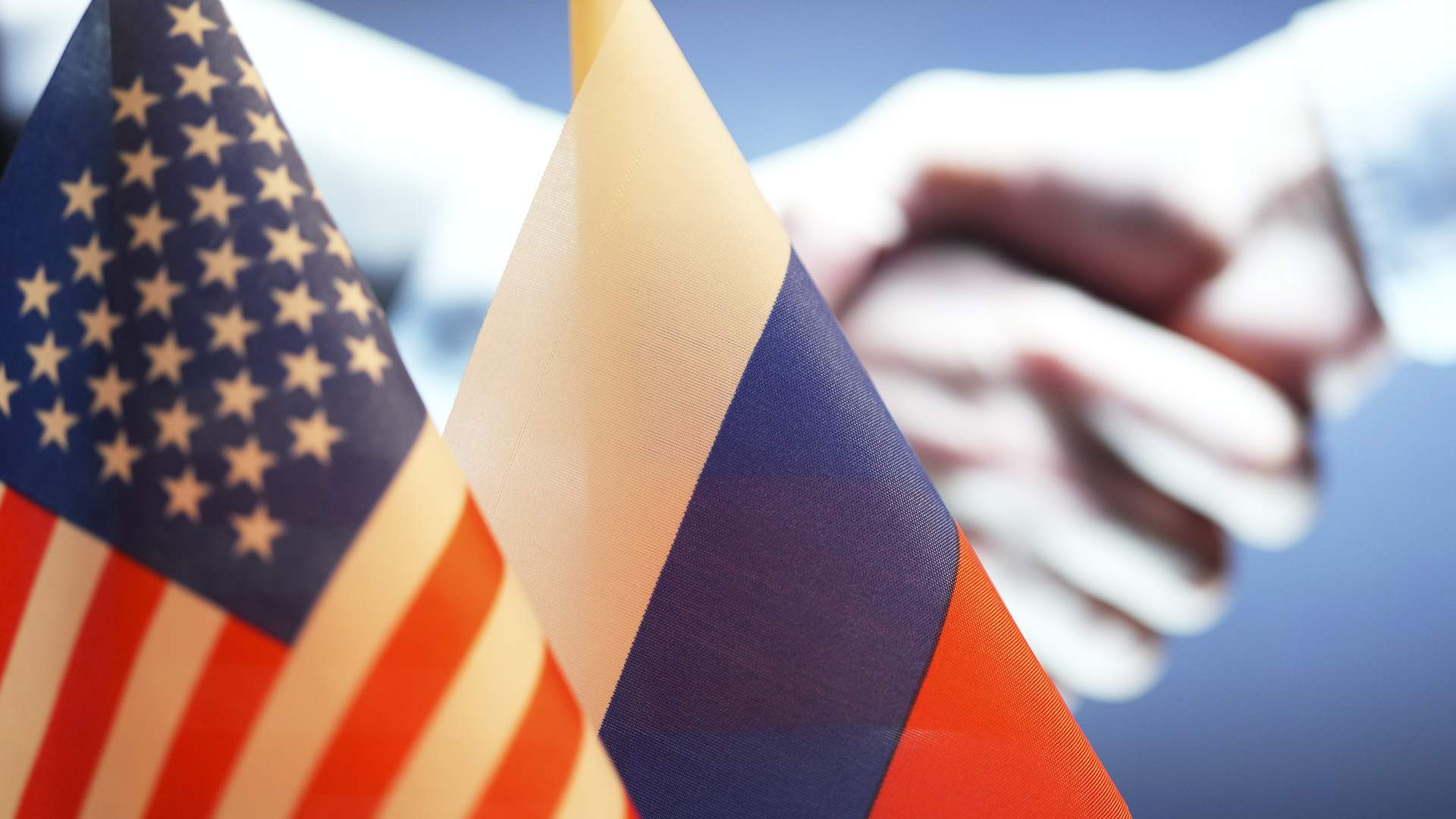- Статьи
- World
- Slowly but surely: the third round of negotiations between Russia and the United States will be held in Moscow
Slowly but surely: the third round of negotiations between Russia and the United States will be held in Moscow

On Tuesday evening, June 10, the Russian ambassador to Washington, Alexander Darchiev, announced that the next round of negotiations between Russia and the United States would be held in Moscow. According to him, the parties decided to move "consultations on the elimination of irritants" in bilateral diplomatic relations from Istanbul to their respective capitals. What is known about the upcoming meeting, as well as what topics will be raised and what is already being discussed, can be found in the Izvestia article.
Negotiations between Russia and the United States in Moscow: when will they take place
Russia and the United States have decided to postpone negotiations on the elimination of "irritants" between the countries to their capitals. As Russian Ambassador to the United States Alexander Darchiev explained in an interview with TASS, the third such meeting will take place in Moscow "in the very near future." According to Darchiev, the process of "recovery" of Russian-American relations is difficult, but there is still progress.
"I have already said that the recovery of Russian-American relations is still far away, and the process itself is difficult and is being hampered not only by the opponents of the White House in the face of the deep state, but also by the hawks in Congress, where a stable anti—Russian lobby has developed," the ambassador said.
The Russian ambassador noted that Washington is conducting "pragmatic bargaining" with Moscow on the elimination of "irritants" in bilateral relations. There probably won't be a quick result due to the parties' differing positions on many topics.
What topics will be raised at the talks in Moscow
At the time of the article's publication, it was not known exactly what issues the parties would discuss at the talks. However, according to Russian Deputy Foreign Minister Sergei Ryabkov, Russia plans to get an accurate response from the United States about the resumption of direct flights between the countries.
"There's a whole range of issues. They are both more difficult and easier, although there are no easy issues in relations with the United States. But comparing one with the other, relatively speaking, it is easier to deal with visas than with the resumption of direct flights," Ryabkov said.
Darchiev also spoke about the importance of this issue.: "Another priority is the restoration of direct flights between Russia and the United States, which was interrupted by Washington in 2022 with the closure of its airspace and the subsequent retaliatory step on our part. This is a multidimensional matter that requires negotiations with the involvement of the aviation authorities, which we expect to launch in the near future."
The second topic that may be raised during the third round of negotiations is the return to Russia of illegally confiscated diplomatic properties in the United States (six such properties were seized in total).
Another "irritant" is the American nuclear fuel at the Zaporizhia Nuclear Power Plant (NPP). Ukraine has been trying for a long time to place American-made fuel assemblies there instead of Russian ones, but now the NPP belongs to the Russian Federation, hence the legal issues.
The parties may also touch upon the Iranian nuclear program. However, according to Ryabkov, it will be even more difficult to achieve solutions in this vector than to resume flights between the countries.
How Russia and the United States are restoring relations
After the change of power in America and the return of Donald Trump to the White House, the leaders of Russia and the United States began to maintain regular telephone contacts. Vladimir Putin spoke with the American president for the first time on February 12. The second conversation took place on March 18. Subsequent negotiations between the leaders of the two countries took place on May 19 and June 4. In addition, several meetings were organized at neutral venues.
On February 18, high-level Russian-American talks were held in Riyadh (Saudi Arabia). Russia was represented by Russian Foreign Minister Sergei Lavrov and Presidential Aide Yuri Ushakov. The American side was represented by Mike Waltz, Assistant to the President of the United States for National Security (who held the position until May 1), Secretary of State Marco Rubio, and Stephen Witkoff, the American leader's special envoy for the Middle East. Representatives of Saudi Arabia were at the head of the table. Then the parties agreed to take into account each other's interests and outlined their principled approaches to Ukraine.
Then, on February 27 and April 10, negotiations were held in Istanbul on the normalization of the work of the embassies of the Russian Federation and the United States, as well as on ways to overcome "irritants" in relations between the countries. The Russian delegation in both rounds of consultations was headed by Alexander Darchiev. The American one is Sonata Coulter, Deputy Assistant Secretary of State for European and Eurasian Affairs.
As a result of the negotiations, on February 27, the American side sent a note with an agrement for the appointment of Alexander Darchiev as the Russian ambassador to Washington (the corresponding decree was posted on the website of the official publication of legal acts on March 6, Darchiev himself began work in Washington on March 26). Following the results of the second round, the parties exchanged notes with an agreement on guarantees of unhindered banking services for diplomatic missions, as well as on further measures to facilitate the movement of diplomats and their visa processing. At the same time, Moscow emphasized the priority of the speedy return of the Russian diplomatic property confiscated by Washington.
Переведено сервисом «Яндекс Переводчик»




